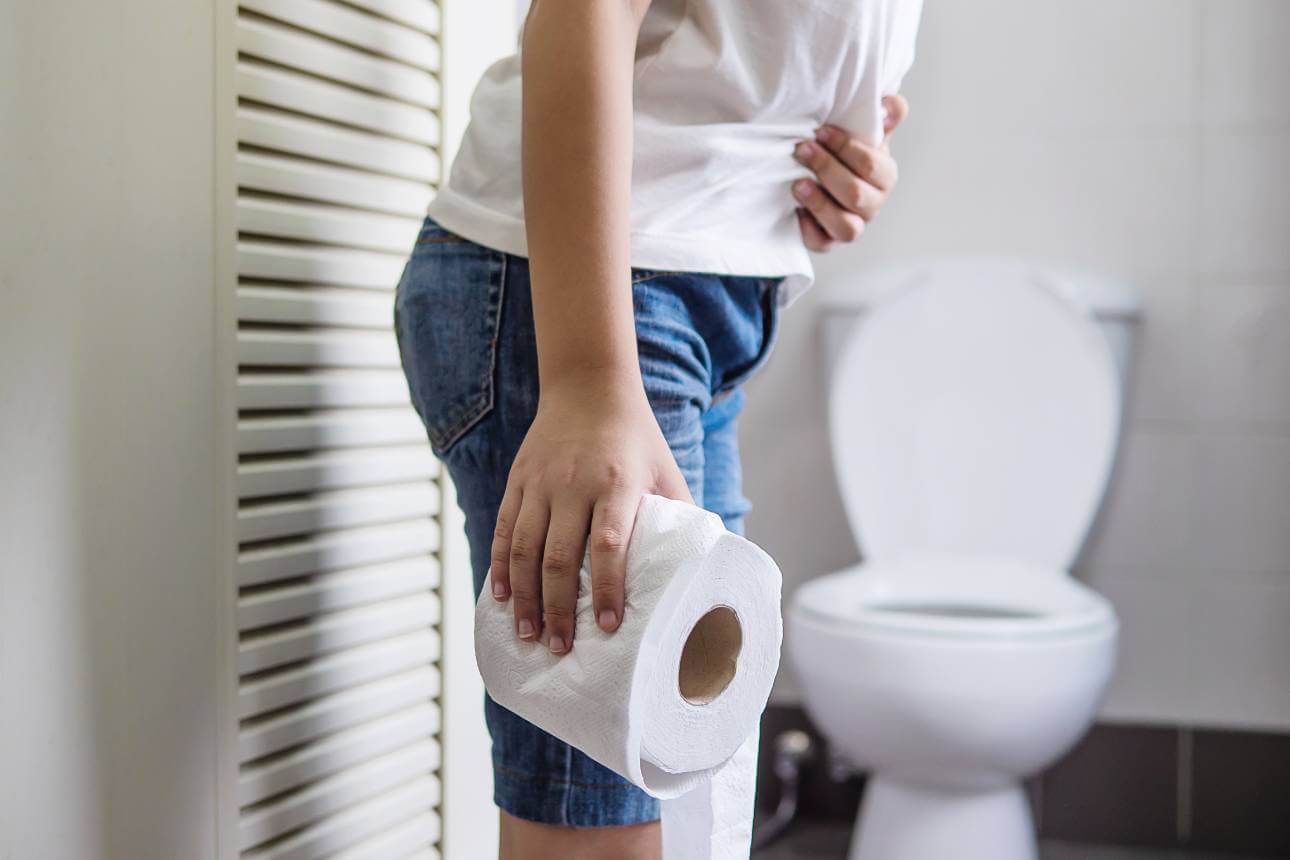For some, a watch could be set by their bathroom habits. With fairly reliable consistency, they know when a bowel movement can be expected each day. For others, when and where the urge may strike is not so predictable. Still, as long as you are having at least three bowel movements per week, there isn’t much to be concerned about. When this number decreases, however, it’s time to take a look at some factors that may be contributing to constipation. Here are five that you may not suspect:
Medications Causing Constipation
Not many people take the time to read the lengthy list of potential side effects associated with a medication, but constipation is commonly included. There are many medications, both prescription and over-the-counter which may disrupt normal bowel movements. Among the most notable are drugs used to treat depression, anxiety, heartburn, and blood pressure.
Ignoring the Urge for Bowel Movements
When the urge to go does strike, it may not always be at the most opportune time or place. Holding it in every now and then is fine, but ignoring this urge frequently can lead to some intended consequences. Habitually disregarding the need for a bowel movement can lead to loss of muscle sensation over time, diminishing the ability to identify when it is time to go and leading to less frequent bathroom visits. Additionally, the longer stool remains in the colon, the more water it loses and the harder it becomes to pass.
Overuse of Laxatives and Constipation
When it’s time to use the restroom, nerve cells release chemicals into the colon signaling the urge to go. However, when things haven’t been moving along as one would like, it isn’t an uncommon practice to reach for the laxatives. These pills trigger this chemical release and get things going. However, there is definitely too much of a good thing. Overusing laxatives can eventually diminish their effectiveness and the body’s ability to release the stimulating chemicals. This can lead to even greater problems with constipation, as well as make ordinary solutions (like laxatives) less reliable.
Exercise and Constipation
Exercise is an important component of a healthy lifestyle, and not getting enough of it can lead to some health concerns both serious and minor. One potential complication of not getting enough physical activity is a reduction in the frequency of bowel movements. Exercise stimulates bowel movements, and moves that focus specifically on the abdominals can be particularly helpful. To ensure that you can take full advantage of the digestive benefits of exercise, be sure to adequately hydrate before, during, and after your workout.
Changes in Routine and Bowel Habits
Vacation/travel constipation is a very real phenomenon. Your body is familiar with your normal routine, but when you travel, there can be many changes to the normal schedule. You may spend long periods of time in a car or on a plane with limited bathroom access, and your sleep cycles can be completely different. Coupled with the stress that may come with travel and being away from home, this can all add up to digestive difficulties. Sidestep the problem by being mindful of the upcoming changes and combat them with probiotics, plenty of fluids, and frequent breaks when sitting for extended periods of time.
Constipation is not an uncommon problem, but it is a problem with many potential causes. In many cases, the situation will resolve on its own. However, if you suffer from frequent bouts of constipation or have been experiencing the symptoms of constipation for more than two weeks, it is time to see a doctor. Start by scheduling an appointment with a Baton Rouge gastroenterologist to discuss your concerns and get your digestive health back on track.


